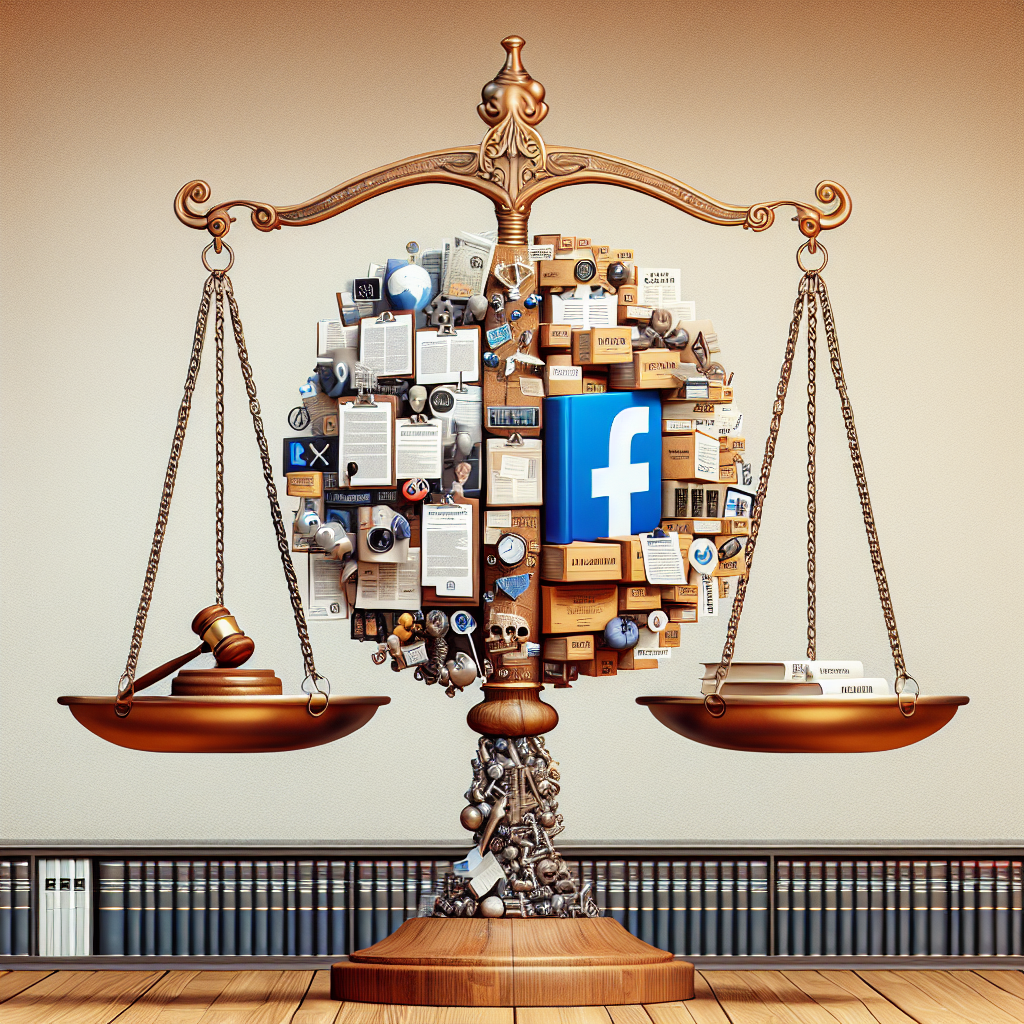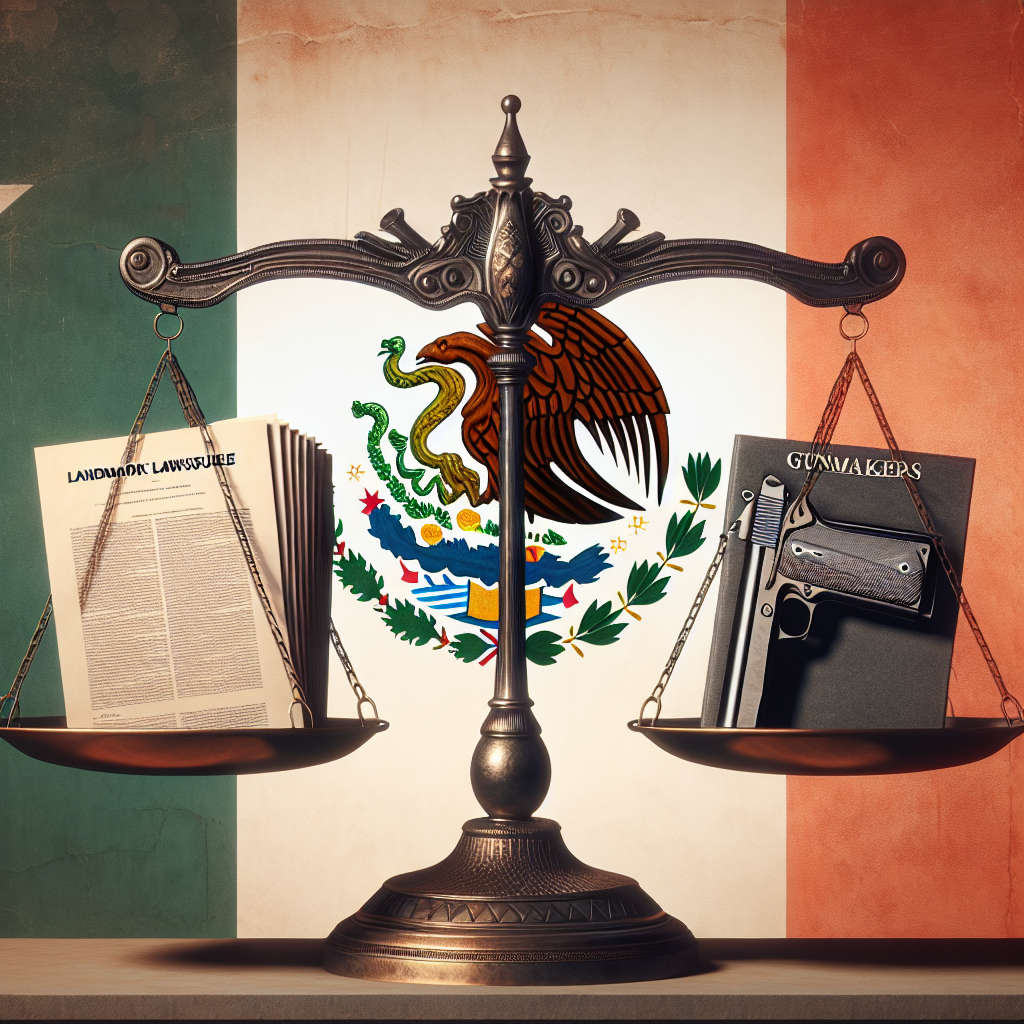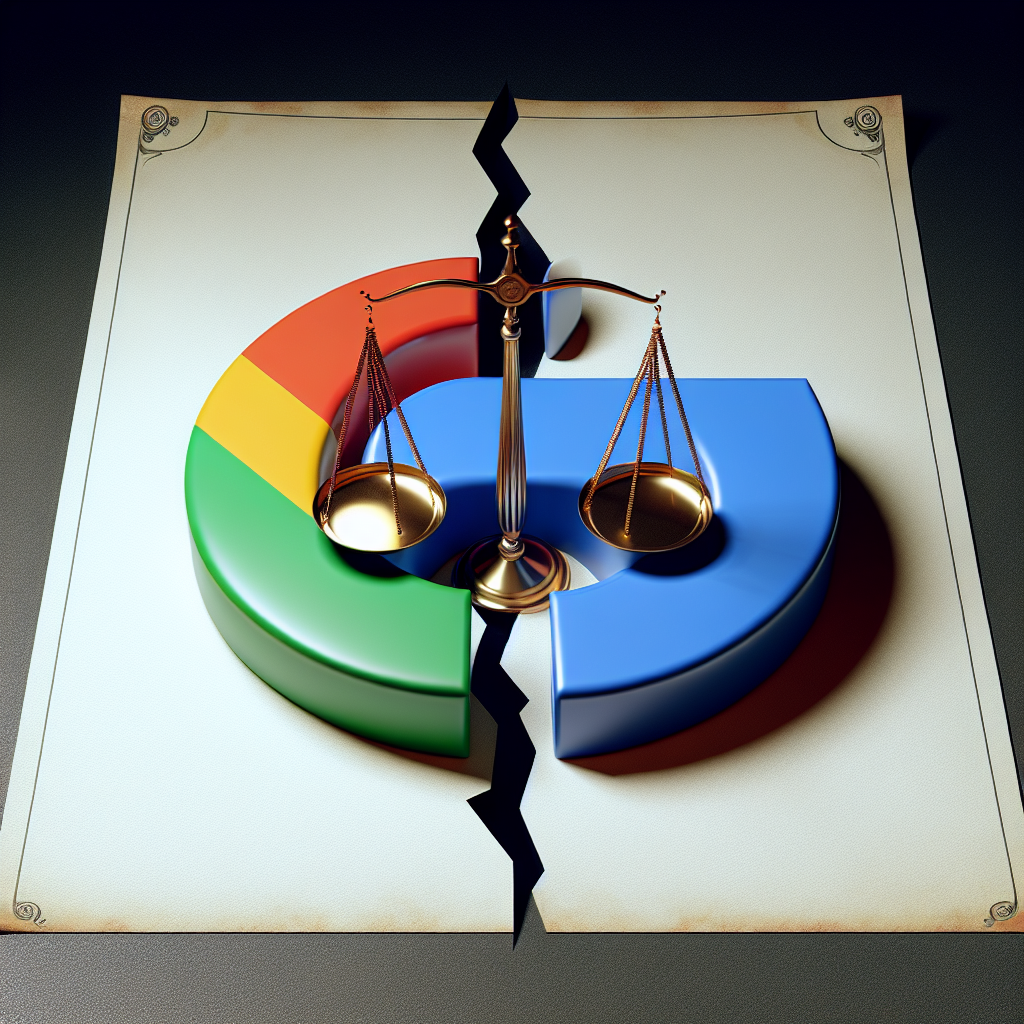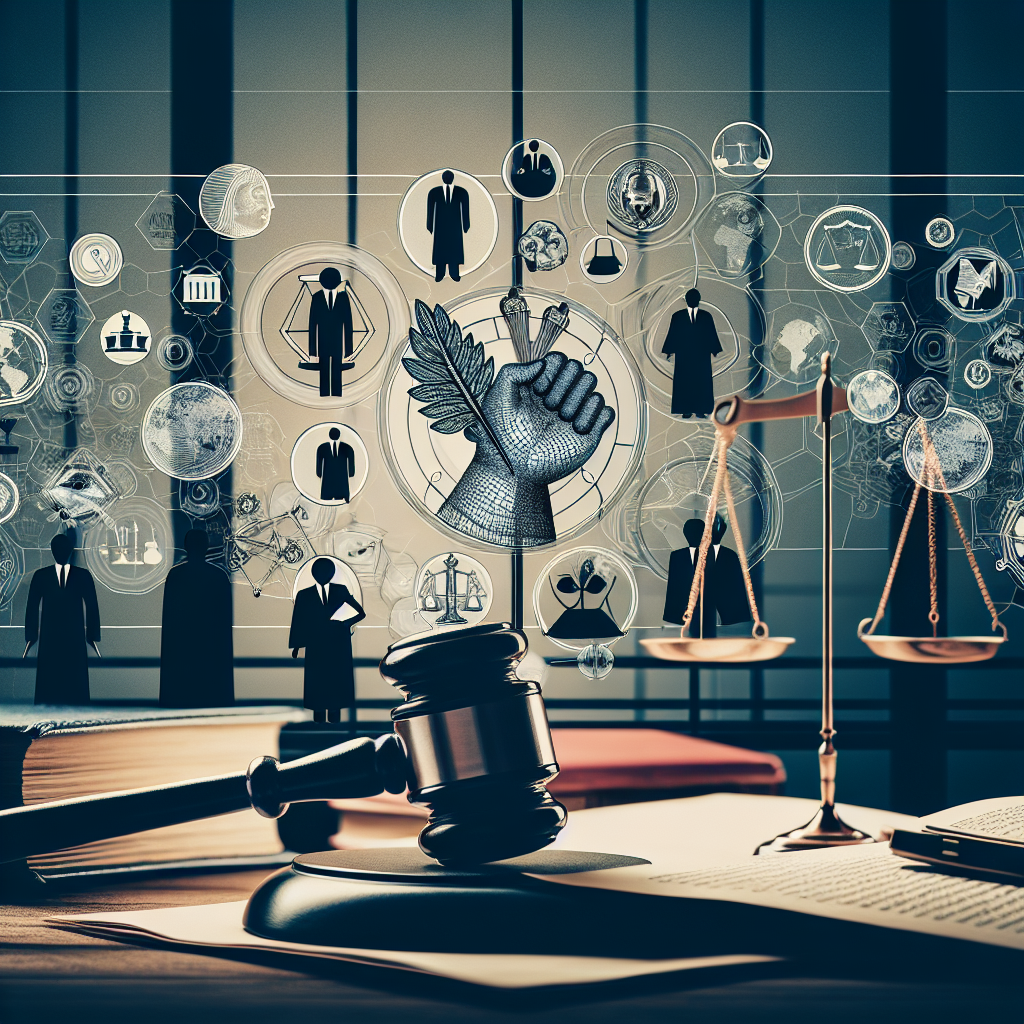In recent years, TikTok has emerged as one of the most popular social media platforms globally, attracting millions of users for its engaging short-form video content. However, its rapid growth has been accompanied by a surge of legal scrutiny regarding its liability framework. This article aims to examine the legal challenges that TikTok faces, the implications of recent court rulings, and the platform’s potential responses to these pressures.
Overview of TikTok’s Liability Framework and Legal Concerns
TikTok’s liability framework is built around the platform’s terms of service, user agreements, and privacy policies. These documents outline the responsibilities of users and the company itself concerning the content shared on the platform. Central to the framework is the notion of user-generated content, which raises questions about TikTok’s responsibility for harmful or unlawful material disseminated through its services. Concerns about data privacy, particularly in terms of user data collection and sharing practices, have led to widespread criticism and calls for greater accountability.
Legal experts have raised alarms about the implications of TikTok’s liability framework, particularly regarding the platform’s obligations to protect minors and vulnerable populations from harmful content. Regulatory bodies in various jurisdictions are scrutinizing how well TikTok enforces community guidelines and whether it adequately monitors content that could incite violence, promote hate speech, or facilitate cyberbullying. The platform’s algorithms, designed to maximize user engagement, have also come under fire for potentially amplifying harmful content.
In addition to content moderation issues, there are growing concerns about the platform’s data security practices and compliance with international data protection laws, such as the General Data Protection Regulation (GDPR) in Europe. TikTok’s approach to data storage, user consent, and transparency in data usage has raised significant legal questions that may impact its liability in various jurisdictions. As legal challenges mount, TikTok’s liability framework is increasingly perceived as a critical area of concern for both the platform and its users.
Key Legal Challenges Facing TikTok in Various Jurisdictions
TikTok is currently facing numerous legal challenges across different jurisdictions, each presenting unique obstacles tied to local laws and regulations. In the United States, lawmakers have expressed concerns regarding the platform’s ties to the Chinese government and the potential risks to national security. Legal challenges have included lawsuits aimed at enforcing stricter data privacy standards and allegations concerning the mishandling of minors’ data. These cases not only threaten TikTok’s standing in the U.S. market but also set precedents for how social media companies handle user data.
In Europe, TikTok is grappling with the implications of GDPR compliance. Several European countries, including Ireland and France, have initiated investigations into the platform’s data processing activities and its practices surrounding user consent. Legal experts argue that TikTok’s methods of obtaining consent from users, particularly minors, may not align with the stringent requirements set forth by GDPR. As these investigations progress, TikTok could face hefty fines and increased regulatory scrutiny, which may necessitate significant operational changes.
Additionally, TikTok faces class-action lawsuits that challenge its content moderation practices and algorithms. For instance, some users have alleged that the platform’s "For You" page algorithm promotes harmful content while suppressing diverse voices, potentially violating anti-discrimination laws. These legal challenges emphasize the platform’s responsibilities toward its users and the wider implications of its content management strategies. As TikTok navigates these complex legal waters, the outcomes of these cases could reshape its operations across various jurisdictions.
Implications of Recent Court Rulings on TikTok’s Operations
Recent court rulings regarding TikTok’s liability have underscored the platform’s vulnerabilities and have the potential to significantly affect its operations. In some cases, courts have ruled in favor of plaintiffs, attributing liability to TikTok for the dissemination of harmful content. These rulings highlight the need for TikTok to enhance its content moderation practices and reassess its user engagement strategies. Failure to comply with judicial expectations may result in stricter regulations and a loss of consumer trust.
Furthermore, these legal precedents could lead to increased regulatory oversight not just for TikTok but for all social media platforms. As courts set new standards for content moderation and user data protection, platforms will be forced to adapt their policies to mitigate potential liability. This shift could ultimately lead to a more stringent regulatory environment, affecting how social media companies operate and interact with their users.
The implications of these court rulings extend beyond the legal realm; they also impact TikTok’s public image and brand reputation. Users are increasingly concerned about safety, privacy, and the potential consequences of engaging with the platform. As TikTok faces backlash over its liability framework, it must find ways to rebuild user trust while remaining compliant with legal obligations. The evolving landscape of legal challenges will likely compel TikTok to take proactive measures to address user concerns while also safeguarding its operations.
Future Outlook: TikTok’s Response to Legal Pressures Ahead
In light of the mounting legal challenges and court rulings, TikTok is expected to adopt a multi-faceted approach to mitigate risks and address user concerns. Enhancing content moderation practices is likely to be a top priority for the platform, with efforts to strengthen its community guidelines and increase transparency in how content is curated. TikTok may also invest in advanced algorithms and artificial intelligence to better detect and remove harmful content before it reaches users.
Additionally, TikTok is likely to bolster its data privacy efforts in response to regulatory scrutiny. This could involve revising its privacy policies to ensure compliance with GDPR and similar laws in other jurisdictions. Implementing robust data protection measures and improving transparent communication with users about data usage will be essential for TikTok to retain user trust and avoid potential penalties.
Moreover, TikTok may seek to engage proactively with regulators and lawmakers to shape the future landscape of social media liability. By participating in discussions surrounding best practices and compliance standards, TikTok can position itself as a leader in responsible social media governance. As the platform navigates the complex legal landscape ahead, its ability to adapt and respond to legal pressures will be crucial in maintaining its market position and ensuring user safety.
As TikTok continues to grow and evolve, its liability framework will remain a focal point of legal scrutiny. The platform’s response to ongoing legal challenges will not only impact its operations but also shape the broader conversation around social media responsibility and user safety. By addressing legal concerns head-on, TikTok has the opportunity to redefine its role in the digital landscape, fostering a safer environment for its diverse user base while navigating the intricate legal terrain. For more information on TikTok’s legal challenges, visit Business Insider and The Verge.



